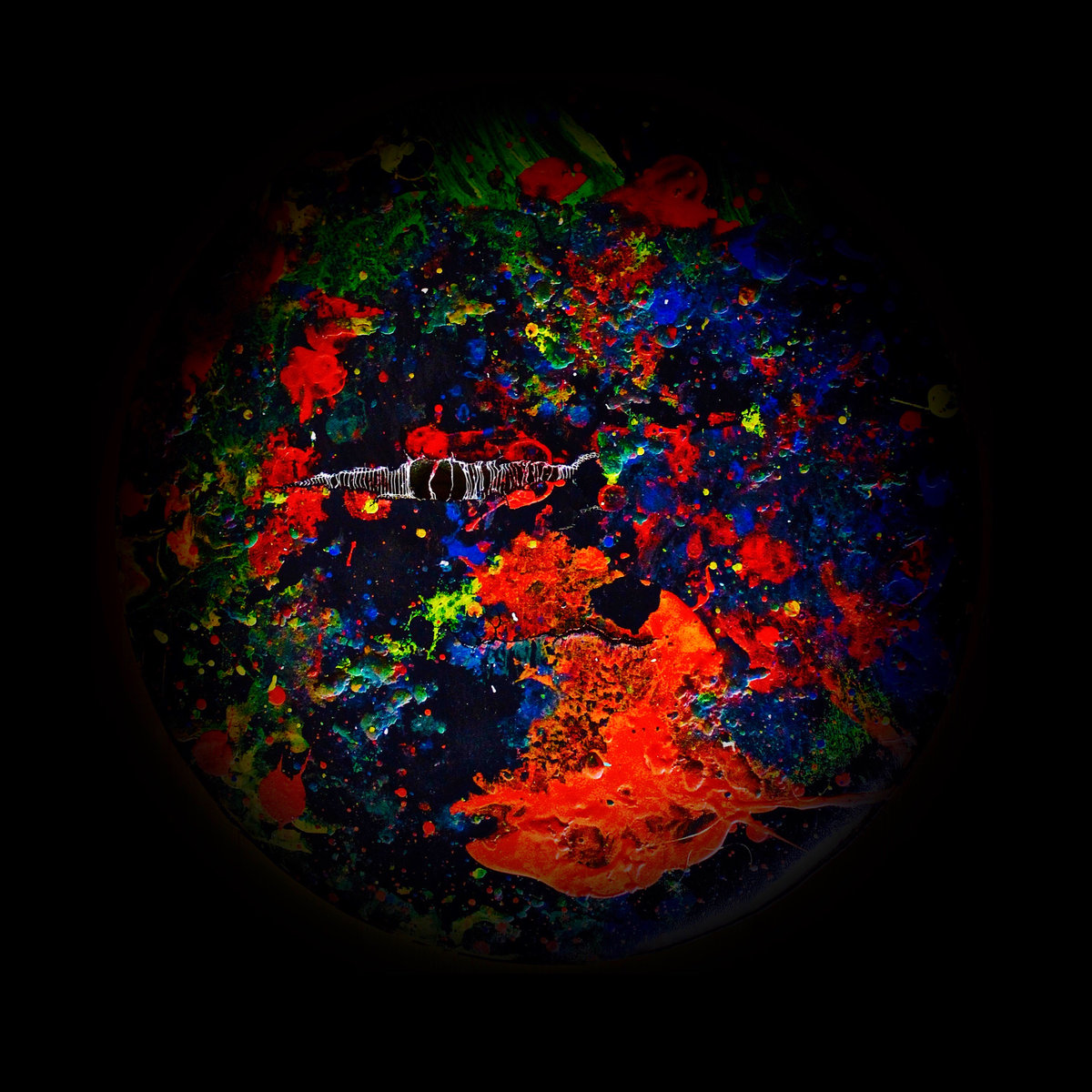As Ashley Shadow, Webber creates music with the pop bleakness of Lana Del Rey, the folk rawness of Sharon van Etten, and the sad country twang of Angel Olsen. Her voice shares a lot with the latter two, particularly Olsen (so much so that Olsen subbed in for Webber singing backups for Bonnie “Prince” Billy)—which is a good indication of its expressiveness and ability to betray heartbreak.
Despite Ashley Shadow’s sonic similarities with those folk songstresses, much of the album feels more distant than the music of van Etten and Olsen. Some of that is a result of the production; while her lush singing is the most important sound in the mix, it also blends with the others—acoustic guitar strumming, warbling electric guitar, occasional synths, and swinging bass lines that reveal where her real instrumental affinities lie. In her single, “Tonight,” for example, her doubled voice echoes in a chant-like melody, combining with the fuzzy, country guitar sound to create a dreamy filter over the emotionally-fraught lyrics, “Can’t settle down into this feeling / Afraid I might stop breathing / I don’t feel it ‘cause I want to.”
Lyrically, too, Ashley Shadow remains at an enchanting distance. Much of the album features songs of a keen observer who turns her lens toward her work with Vancouver’s marginalized populations, her relationships, and her personal obstacles. Even in the case of the last subject, she injects her heartache with a critical distance. On “Way It Should,” one of the rawest tracks, she sings, “It’s going nowhere / The way it should / I tried it your way / The best I could.” While it’s a sad song, Webber is resolute in her retrospection, without regret.
Elsewhere, though, she performs with more immediacy. On “Laws,” where the expressive palette of her voice is on full display, she sings, achingly and desperately, “How did I once find life here / And how did it pull me down… / Can’t find the way out.” But even when the writing lacks this kind of urgency, it always possesses an impressive degree of clarity. Even when intertwined with a bass line or hazy with reverb, Ashley Shadow's voice—both the sound and the perspective it narrates—are unfaltering. Despite its name, Ashley Shadow’s debut album sees the backup singer and bassist stepping out of the dark wings of the stage into the clear glow that a spotlight a brings.





